UN rights expert on Russia says she wants to talk to Putin
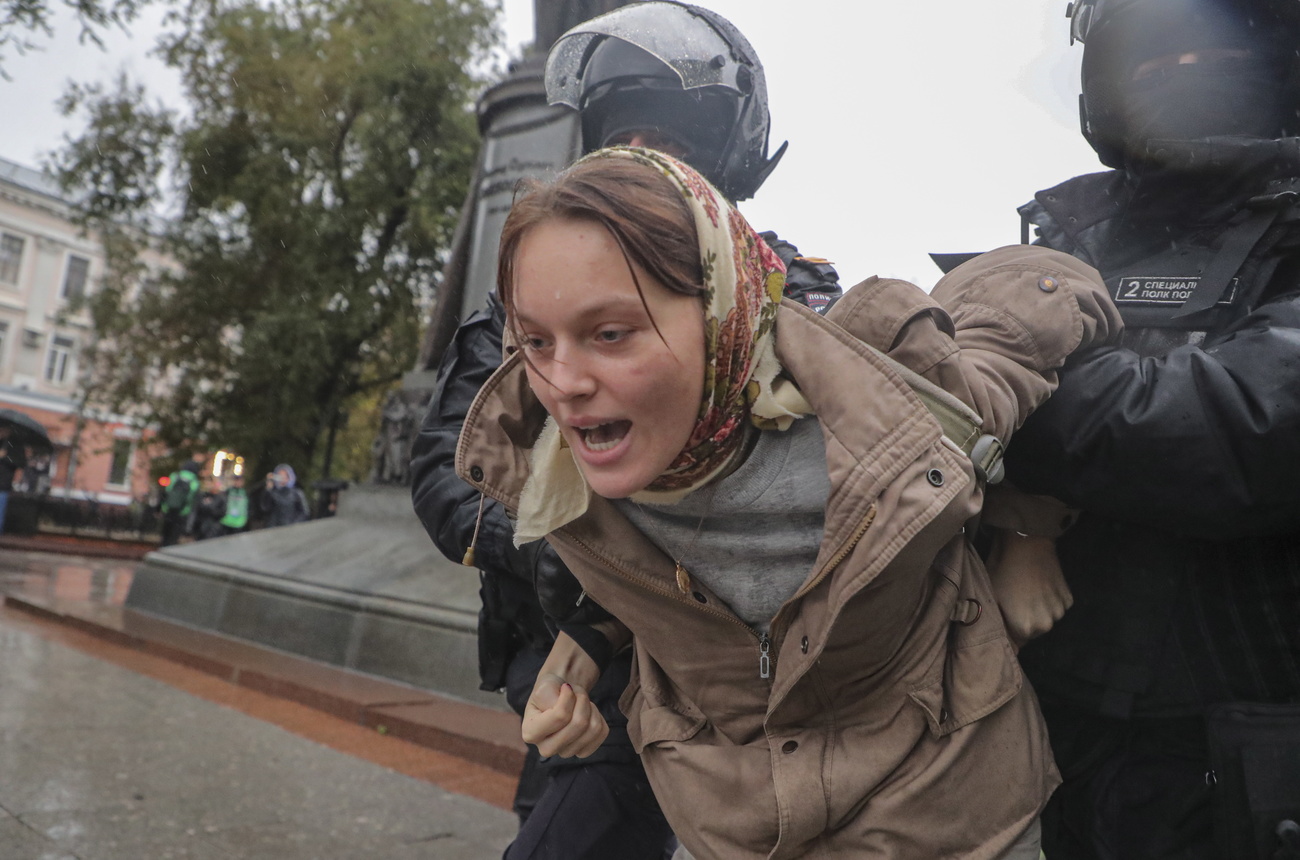
Will Moscow talk to the new UN Special Rapporteur on Human Rights in Russia, Mariana Katzarova of Bulgaria? This is not certain, but she hopes authorities will, Katzarova tells SWI swissinfo.ch in Geneva.
Already juggling a packed schedule since she took up her post on May 1, Mariana Katzarova, new UN Special Rapporteur on Human Rights in Russia, apologises for being late. She becomes passionate as she speaks. “I think it’s an extremely important time,” she tells SWI swissinfo.ch. “A lot of focus has been given to what’s happening in Ukraine because of the ongoing armed conflict, and rightly so. But what’s happening inside Russia has not been so prominent in international attention. I think having such a mandate of a Special Rapporteur to monitor and give recommendations is important because my mandate will give international attention to human rights abuses happening inside Russia as well as recommendations on how to remedy the situation and will also ensure that victims of human rights violations in Russia are supported in their quest for justice.”
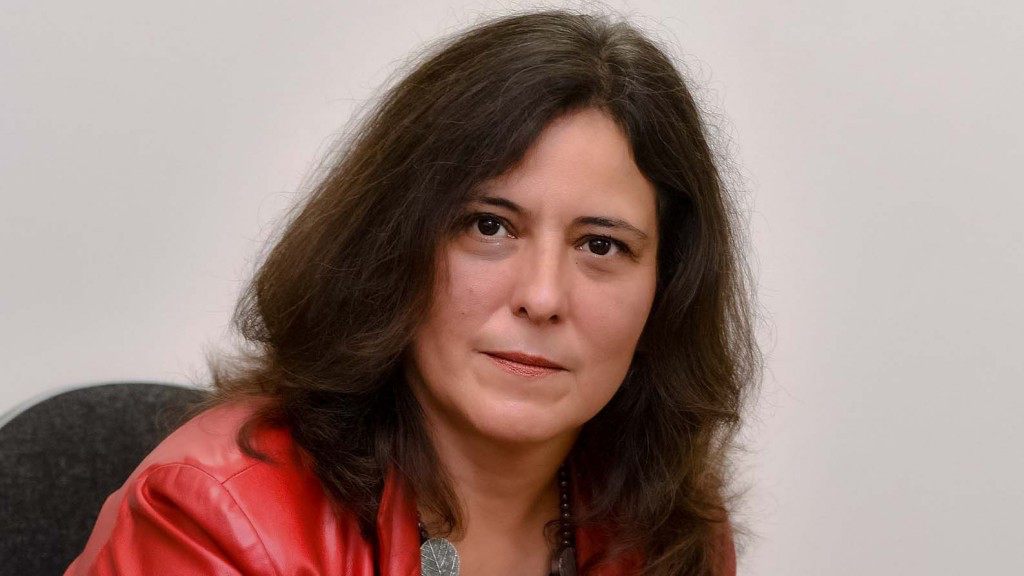
The challenges of her new job are many, she admits. She thinks her previous experience as a journalist and seasoned human rights reporter on the region will help (see infobox below). As a human rights officer on Russia for Amnesty International, she’s familiar with the country and its civil rights organisations. She set up an award in the name of Russian journalist Anna Politkovskaya, a good friend of hers, who was murdered 16 years ago for being maybe the only journalist writing about the plight of civilians in the Chechen conflict.
She is the first Special Rapporteur on human rights in Russia, and this is the first time such a mandate has been set up on a member of the “Big Five” – the five permanent members of the UN Security Council. “In a way, it also sends a positive signal to the rest of the world that nobody is above the rules of the United Nations, not even the Big Five,” she says. “The challenge is also an opportunity in some ways for the human rights system of the UN.”
Mariana Katzarova, a Bulgarian former journalist, was appointed as Special Rapporteur on the situation of human rights in the Russian Federation by the UN Human Rights Council on April 4, 2023. She officially assumed her post on May 1, 2023.
Katzarova led the UN Human Rights Council-mandated examination of the human rights situation in Belarus in 2021-22. During the first two years of the armed conflict in Ukraine (2014-2016), she led the UN Human Rights Monitoring Mission team in Donbas as head of the regional office in eastern Ukraine.
For a decade she headed Amnesty International investigations of human rights in Russia and the two Chechnya conflicts. With the Lawyers’ Committee for Human Rights, she focused on the war in Bosnia and the creation of the International Criminal Tribunal for the Former Yugoslavia (ICTY).
Katzarova founded RAW in WAR (Reach All Women in War) in 2006 after working as a journalist and human rights investigator in the war zones of Bosnia, Kosovo and Chechnya. At RAW, she established the annual Anna Politkovskaya Award for women human rights defenders working in war and conflict zones. She was advisor to the UN High Commissioner for Human Rights on combating human trafficking, and a senior advisor at the OSCE (Organization for Security and Co-operation in Europe).
Source: OCHCRExternal link
Access, no access?
But of course the big question is whether Russia will cooperate with her. Russia condemned the October 2022 resolution of the UN Human Rights Council that created her mandate, saying it was politically motivated. “There is a preconceived notion, it seems, that the Russian authorities are not really ready to embrace communication with the mandate,” she tells swissinfo.ch. “I don’t know yet because I haven’t received any official responses to the letters I sent immediately after my mandate began.”
She says she wrote to the Russian ambassador in Geneva first thing after she took office on May 1, requesting a meeting with him “to introduce the mandate”, and another letter through the ambassador to the Russian authorities requesting access to the Russian Federation and “for a country visit as soon as possible”.
Talking to Putin?
There is a recent precedent for a visit, so it’s not impossible. The UN Secretary General’s Special Representative for Children and Armed Conflict Virginia Gamba (a UN official, not an independent UN expert like Katzarova) met in Moscow in May with Russia’s children’s rights commissioner, Maria Lvova-Belova. But the visit stirred controversyExternal link. Lvova-Belova is wanted by the ICCExternal link along with Putin for the alleged war crime of forcibly deporting Ukrainian children to Russia and Russian-held territories. Would Katzarova talk to them, if given the chance?
“Yes, absolutely,” she says. “It is not the role of the Special Rapporteur to be a judge or a prosecutor of any court, it is to engage with everybody in the country. And the ones that can change the life and ensure protection of the human rights of the majority are the government officials. The viewpoints of all stakeholders, and especially of the government officials, are important for thorough assessment of the human rights situation in Russia. I am entering into this mandate with an open mind, without having prejudged anything and I am willing to talk to anyone, including the Russian President.”
If she is not given access to Russia, she says she will have to rely on sources in the growing Russian diaspora and try to verify their information as best she can. She says social media and the Internet mean people inside Russia “can also reach me, and I’m completely open to receive information from anybody who feels that I could amplify their voice and ask the right questions to the government”.
Little time, wide mandate
The slowness of the UN system means that although her mandate was created in October, Katzarova only took up office in May, and under her mandate she is expected to present a report to the Geneva-based Human Rights Council in September. Also, the mandate is wide, encompassing the whole human rights situation in Russia. She says she wants to focus first on the clampdown on civic space, including the restrictions on the right to freedom of opinion and expression, peaceful assembly and association, the shutdown of civil society organizations and independent media outlets and the growing prosecutions of anti-war protestors.
“It started a long time ago,” she says. “But since the armed attack on Ukraine last year, there has been a wave of changes to legislation introducing increasingly repressive administrative and criminal legislation, restricting freedom of expression and peaceful assembly and meant to silence the voices of human rights defenders, dissidents and anti-war activists in the Russian Federation. I think it’s very important to defend the defenders.”

In compliance with the JTI standards
More: SWI swissinfo.ch certified by the Journalism Trust Initiative










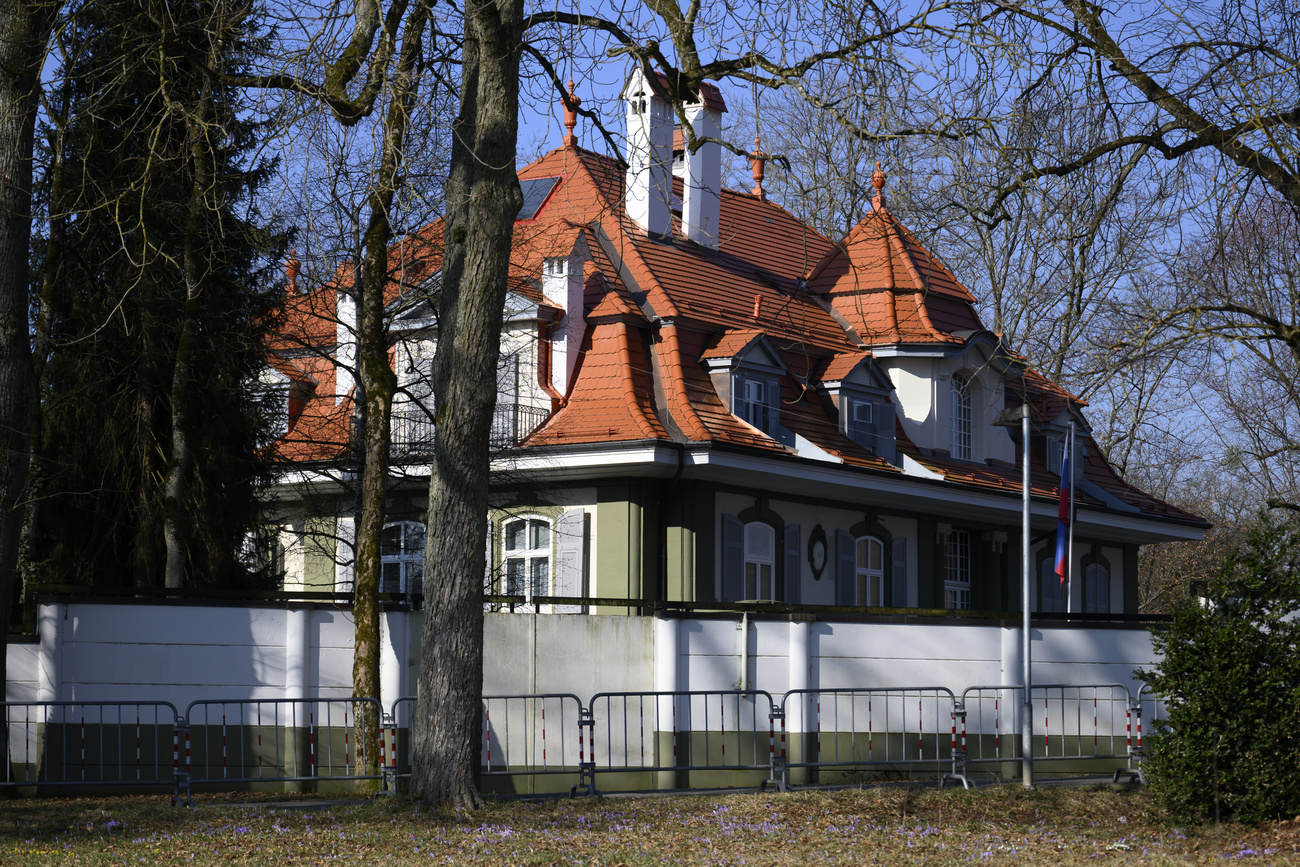
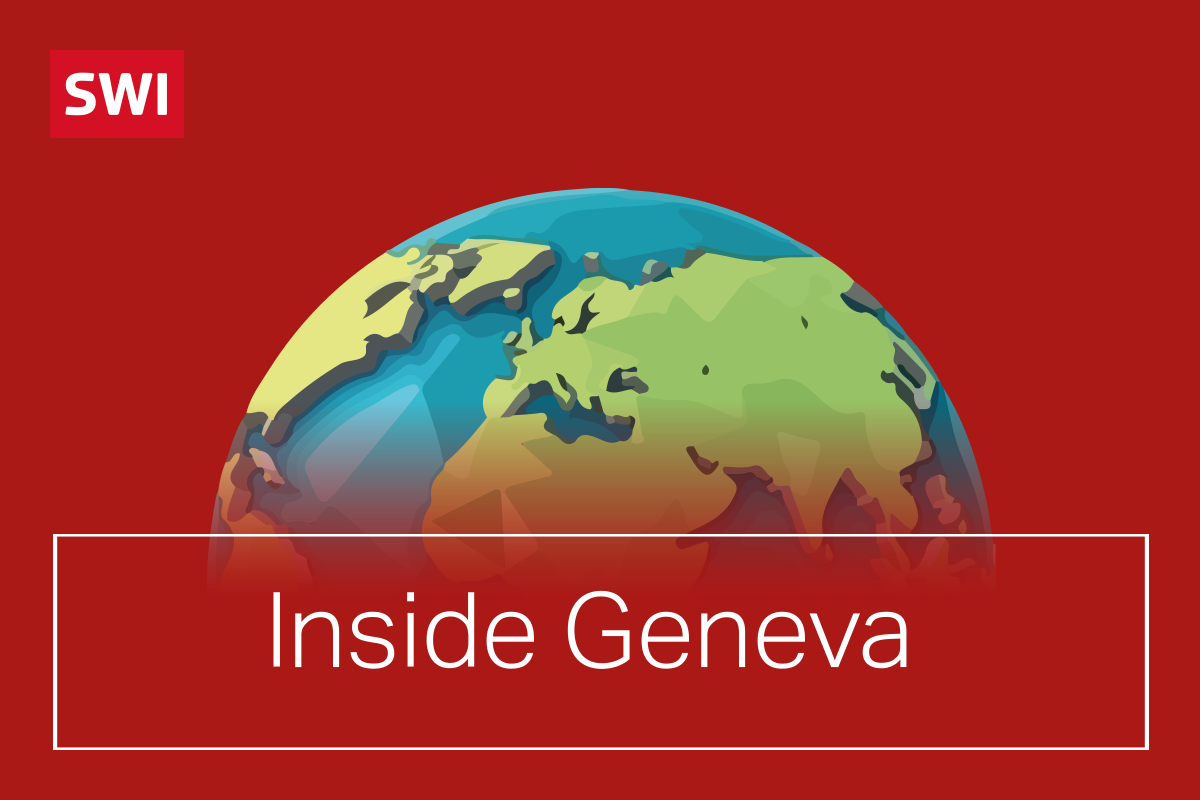
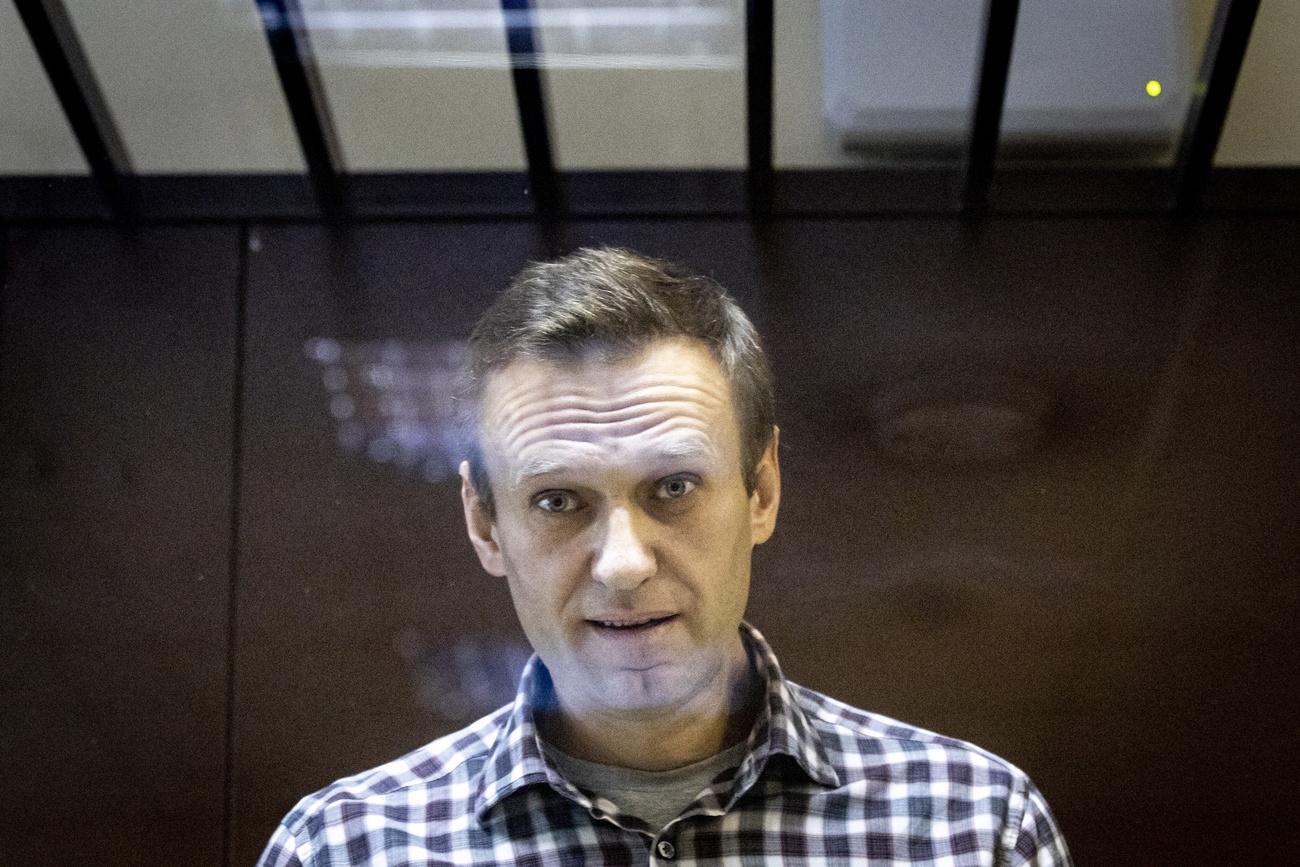
You can find an overview of ongoing debates with our journalists here . Please join us!
If you want to start a conversation about a topic raised in this article or want to report factual errors, email us at english@swissinfo.ch.